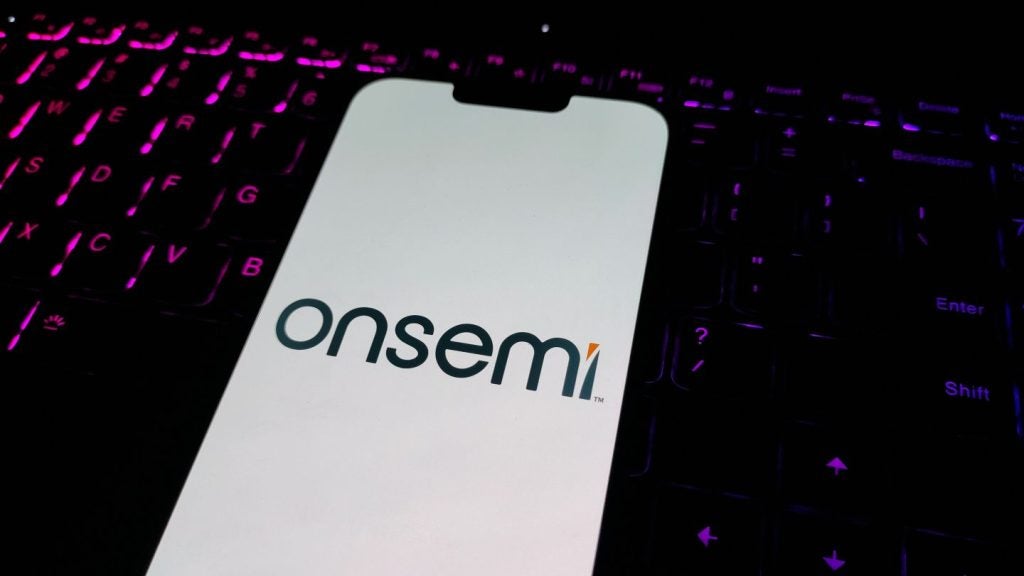
The US Department of Commerce announced further curbs against China and other countries, such as Iran and Russia, on Tuesday (17 October) just over a year after the introduction of the CHIPS Act.
The new regulations, expected to come into effect in 30 days, will restrict listed countries’ ability to access an array of AI chips from companies like Nvidia. Chinese chip manufacturers Biren Technology and Moore Threads have also been affected, being entirely banned from working with US companies.
Gina Raimondo, the US Secretary of Commerce, told reporters that she expected China will continue to import billions of dollars of US semiconductors despite these regulations.
“These export controls are intended to protect technologies that have clear national security or human rights implications,” Raimondo stated to American press outlets, “The vast majority of semiconductors will remain unrestricted. But when we identify national security or human rights threats, we will act decisively and in concert with our allies.”
Raimondo clarified that tech businesses were consulted as part of the legislation process.
China has previously rebuked the US stated intention to protect its national security interests via import and manufacturing restrictions.
In September 2023, in response to US upset over the timing of a Huawei release that coincided with Raimondo’s state visit to China, Chinese spokesperson Mao Ning stated China’s opposition to the US’ public intention.
Ning stated that China believed the US was “[abusing]” the idea of national security when its real motives behind import restrictions were to “hobble” the Chinese technology sector.
In a TS Lombard daily note from 3 October, 2023, analysts had already anticipated that tighter controls were on their way.
Continuing their update, TS Lombard stated that the “two-pronged risk” that China poses to the US semiconductor industry across leading and trailing-edge chips will continue to grow rather than subside.







